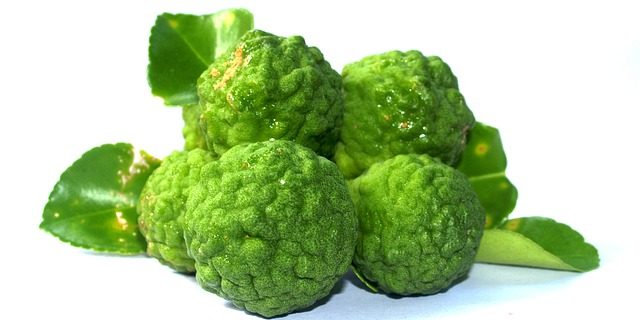The fruit that yields bergamot oil is a less common member of the citrus family. The orange-like peel of Citrus bergamia delivers an essential oil that offers a number of beneficial properties. Bergamot oil can be used in aromatherapy or applied topically (diluted of course!) to skin and hair. The aromatic oil is also an essential ingredient in natural tonics and remedies. The lovely fragrance of Earl Grey tea comes from bergamot oil.
Natural Relaxant
Smelling bergamot oil reduces tension and relieves stress. The healing oil is used to treat insomnia, restlessness and anxiety without potentially dangerous drugs.
Natural Deodorant
Oil of bergamot inhibits the proliferation of bacteria that cause underarm odor. The oil may be added to potpourri or used as a spray to eliminate unpleasant environmental odors.
Natural Digestive Aid
Bergamot oil in Earl Grey tea stimulates the production of digestive enzymes and facilitates peristaltic action in the intestinal tract. This can reduce or eliminate constipation and indigestion. A hot cup after meals is most effective.
Natural Cicatrisant
Topical creams containing bergamot oil help to reduce the effects of scarring, especially scars caused by chronic acne. Diluted Bergamot oil also reduces unsightly skin splotches and age marks. Avoid sun exposure after application.
Natural Parasitic
Applied to the scalp and skin, diluted bergamot oil can be used to treat head lice, scabies and other parasitic infestations. Avoid sun exposure after application.
A word of caution about bergamot
Bergamot oil has a tendency to become toxic when exposed to sunlight. For this reason, the volatile oil should be kept in a dark glass bottle well away from windows. When applied to the skin, be sure to avoid sun exposure until all the oil is absorbed.








